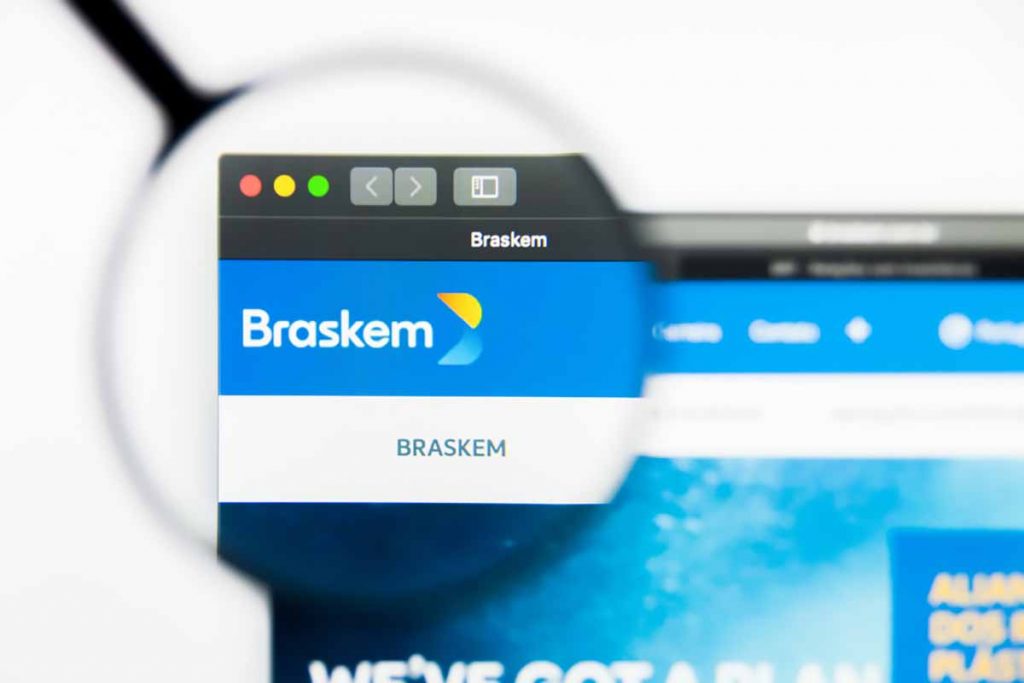
Plastics producer Braksem is involved with a couple of new research projects that have received funding from the REMADE Institute. | Pavel Kapysh/Shutterstock
Braskem, BASF, the Institute of Scrap Recycling Industries and other familiar industry names are involved in plastics recycling research projects that received funding this month.
The REMADE (Reducing Embodied-Energy and Decreasing Emissions) Institute on Dec. 1 announced 23 projects that will receive funding. The grants, several of which went to plastics recycling research projects, constitute the fifth round of funding from the REMADE Institute, a public-private partnership established by the U.S. Department of Energy. The institute’s goal is to reduce greenhouse gas emissions in manufacturing by supporting recycling, reuse and remanufacturing.
In this latest round, REMADE announced $33 million, a sum that’s cost-shared between the energy department and the grant recipients.
REMADE announced its fourth round of funding in March. According to the latest press release, REMADE plans next year to take applications for the sixth round of funding.
The following are the plastics-related projects funded in this fifth round (all 23 projects are detailed in this Resource Recycling article):
Recycling technology research
“Low-Cost, High-Value Aromatics from Upcycling of Polyolefins Through Microwave Catalytic Processing,” a project by West Virginia University and Braskem America.
“Recovery of Plastics and Natural Fibers from Non-Recyclable Municipal Solid Waste for Composites Production,” a project by the University of Massachusetts-Lowell, Idaho National Laboratory (INL), Auburn University, Washington State University, Remacol, CPM Extrusion Group, and DTG Recycle Group.
“Education and Workforce Development on Chemical Recycling of Plastics,” a project by the University at Buffalo (UB) and Resource Recycling Systems.
“Catalytic Upcycling of Polyolefins,” a project by the University California Santa Barbara and BASF.
Systems and supply-chain analysis
“Building a Sustainable Supply Chain of Materials for the U.S. Healthcare Sector,” by The MITRE Corporation, Braskem, Mycocycle, Covanta, and Antea Group.
“A Technical Evaluation Framework for Recycling Technologies,” by the University of Michigan, National Renewable Energy Laboratory (NREL), Institute of Scrap Recycling Industries (ISRI), The Plastics Industry Association, The Aluminum Association, and the Steel Manufacturers Association.
“Modeling reverse flows of selected recycled materials, their associated energy use and their GHG emissions: An application to California and a blueprint for the US,” by the University of California-Irvine and TruckPay.com.
“Course on Systems Thinking for Material Management: Benefit and Tools,” by the Georgia Institute of Technology, Yale University, NREL, GreenBlue, and The Aluminum Association.
More stories about research
- RIT researchers develop AI-based textile recycling system
- Researchers: Effective plastic treaty requires production cuts
- Research, programs improve film recycling access



